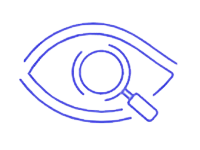If you ever had chickenpox, you are at high risk of developing shingles later in life. After recovering from chickenpox, the chickenpox virus remains in your body. The virus may become active again if your immune system weakens due to:
- Aging. People over 50 years of age are more prone to the development of shingles.
- If you have AIDS or Hodgkin’s lymphoma
- Undergone chemotherapy or radiotherapy
- You take away certain medications like steroids
- You are at higher risk of developing shingles if in the last days/weeks/months:
- You had enough stress
- You had a constantly poor diet
- Great exposure to the sun
A person who has shingles can transmit chickenpox to a person who has never been in contact with the chickenpox virus. The virus is transmitted by contact with blisters. Blisters are no longer infectious once they dry up and become scabs.



















